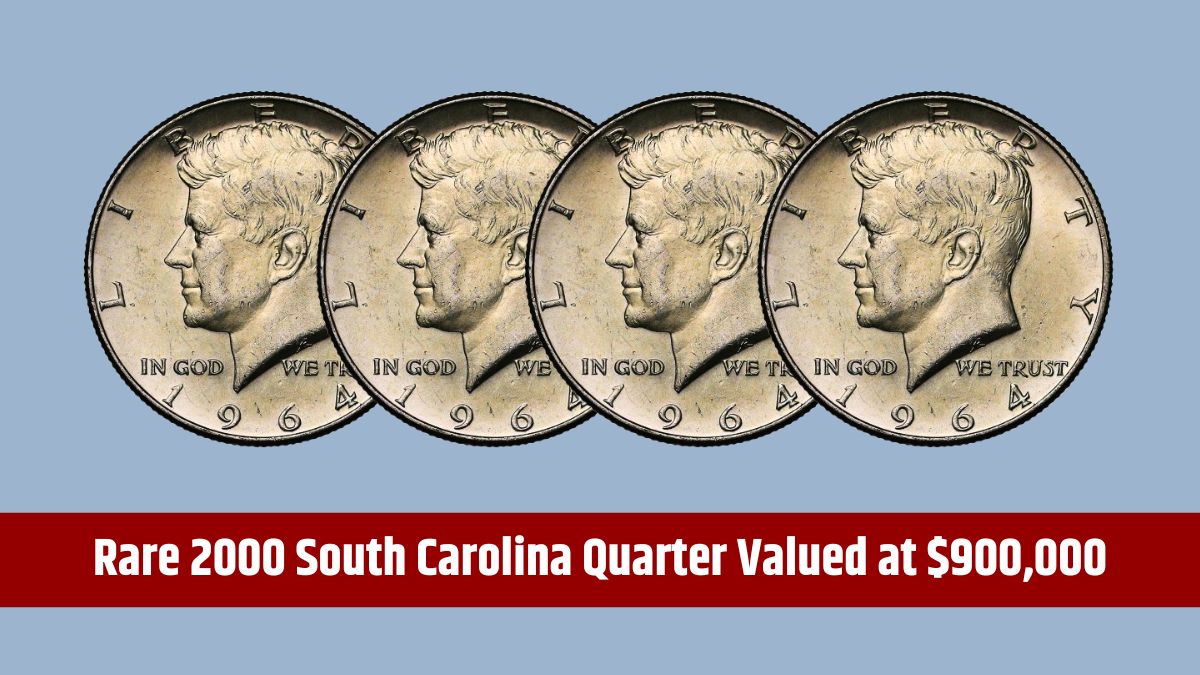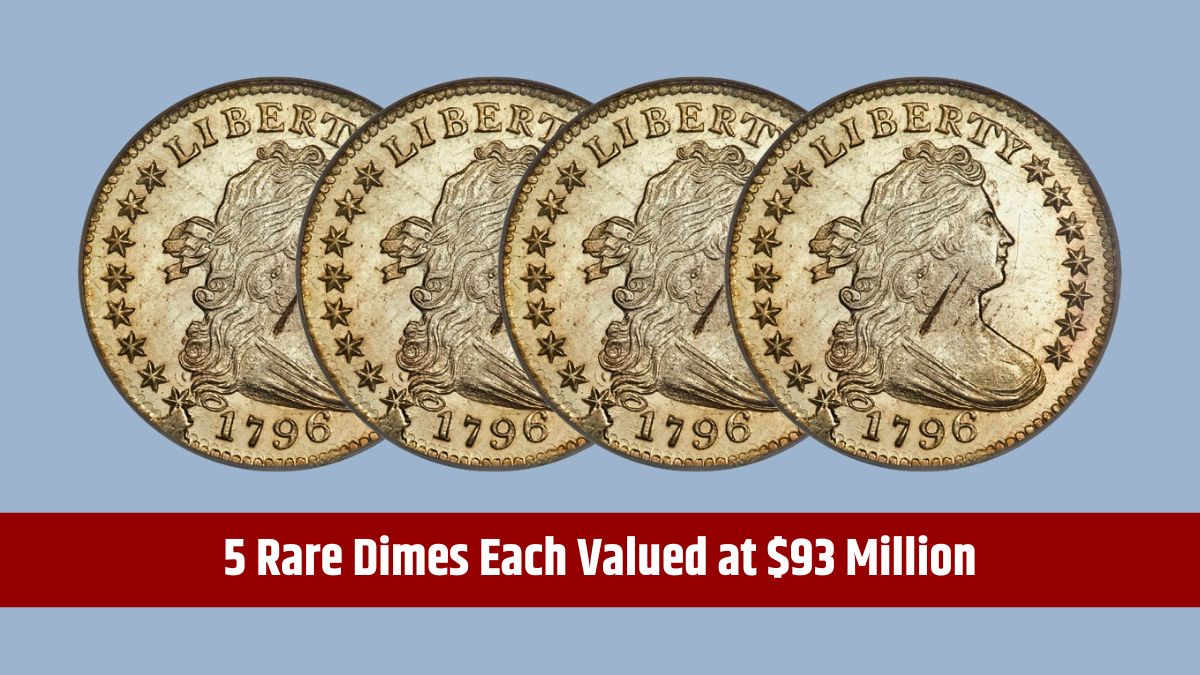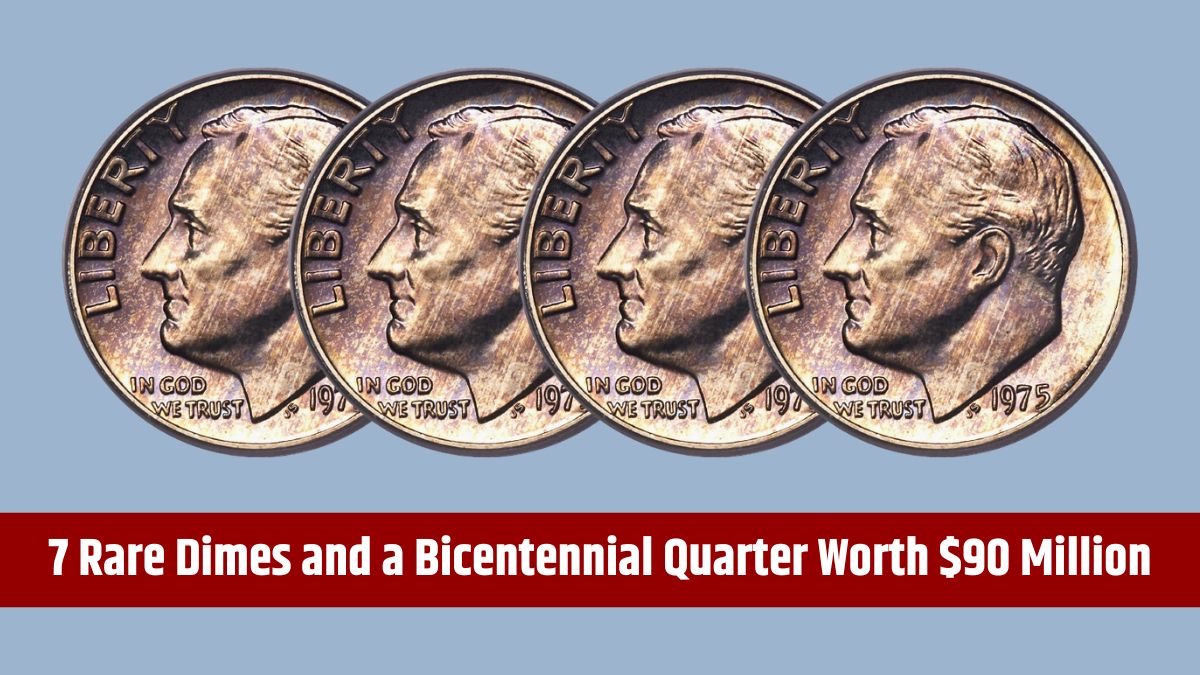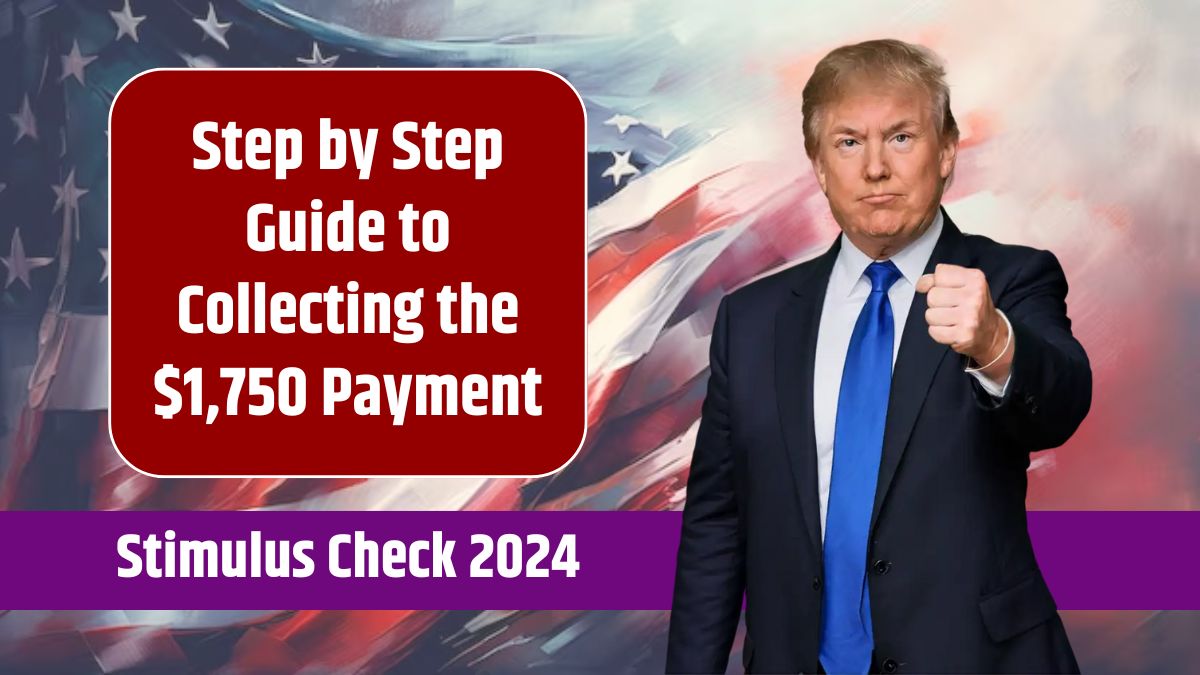The Kennedy half-dollar is more than a coin—it’s a piece of American heritage. Introduced in 1964 to honor President John F. Kennedy after his tragic assassination, this iconic coin continues to captivate collectors and history enthusiasts. Its compelling design, historical significance, and changing composition make it a cornerstone of U.S. numismatics.
Table of Contents
Historical Tribute
The Kennedy half-dollar emerged as a symbol of national unity and remembrance following President Kennedy’s assassination on November 22, 1963.
- Fast Introduction: Designed and minted within months, the coin was released in 1964 as a tribute to Kennedy’s legacy.
- Circulation for All: Unlike commemorative coins reserved for collectors, the Kennedy half-dollar was widely circulated, ensuring every American could own a piece of history.
Symbolic Design
The Kennedy half-dollar’s design reflects both the president’s vision and enduring American values:
- Obverse (Front): Features a dignified profile of President Kennedy, paired with:
- “LIBERTY”: Symbolizing America’s foundational ideals.
- “IN GOD WE TRUST”: Highlighting the nation’s faith-based values.
- Reverse (Back): Displays the Presidential Seal, with:
- An eagle clutching an olive branch (peace) and arrows (defense).
- The phrase “E Pluribus Unum” (“Out of Many, One”), emphasizing unity.
Evolution of Silver Content
The Kennedy half-dollar’s composition has changed significantly over the years, influencing its collectability and value.
| Year | Silver Content | Significance |
|---|---|---|
| 1964 | 90% Silver | The inaugural release, highly valuable. |
| 1965–1970 | 40% Silver | Reduced silver content to cut costs. |
| 1971–Present | Copper-Nickel Clad | Transition to cost-effective materials. |
1964 Edition
The 1964 Kennedy half-dollar stands out as the most sought-after version due to its 90% silver composition and historical significance.
- Auction Records: Pristine examples have fetched as much as $15,000.
- Rarity: Many were hoarded upon release, making well-preserved coins highly desirable today.
What Determines Value?
The value of a Kennedy half-dollar is influenced by several factors:
- Year of Minting:
- Coins from 1964 to 1970 with silver content are far more valuable than post-1971 issues.
- Condition:
- Coins in mint condition, with minimal wear, command premium prices.
- Historical Significance:
- The Kennedy connection adds emotional and historical worth, particularly to the 1964 edition.
Value Breakdown
| Era | Value |
|---|---|
| 1964 | Up to $15,000 in mint condition. |
| 1965–1970 Silver Coins | Valued higher than face value, though not as much as the 1964 edition. |
| Post-1971 Coins | Typically worth a few dollars, depending on condition. |
Enduring Appeal
Decades after its release, the Kennedy half-dollar continues to resonate with collectors, historians, and everyday Americans. Its striking design, historical significance, and the legacy of John F. Kennedy ensure its enduring appeal.
For collectors, owning a 1964 Kennedy half-dollar is more than a financial investment—it’s a connection to a transformative era in American history, a tribute to a beloved leader, and a symbol of national unity.
FAQs
Why is the 1964 Kennedy half-dollar valuable?
Its 90% silver content and historical significance make it highly collectible.
What is the composition of post-1971 Kennedy half-dollars?
They are made of a copper-nickel clad material.
How much is a 1964 Kennedy half-dollar worth?
In mint condition, it can fetch up to $15,000.
What does the reverse of the Kennedy half-dollar feature?
It displays the Presidential Seal with an eagle and olive branch.
Are Kennedy half-dollars still in circulation?
Yes, but they are mostly produced for collectors rather than general circulation.








